How Does CBD Affect the Brain and Memory?
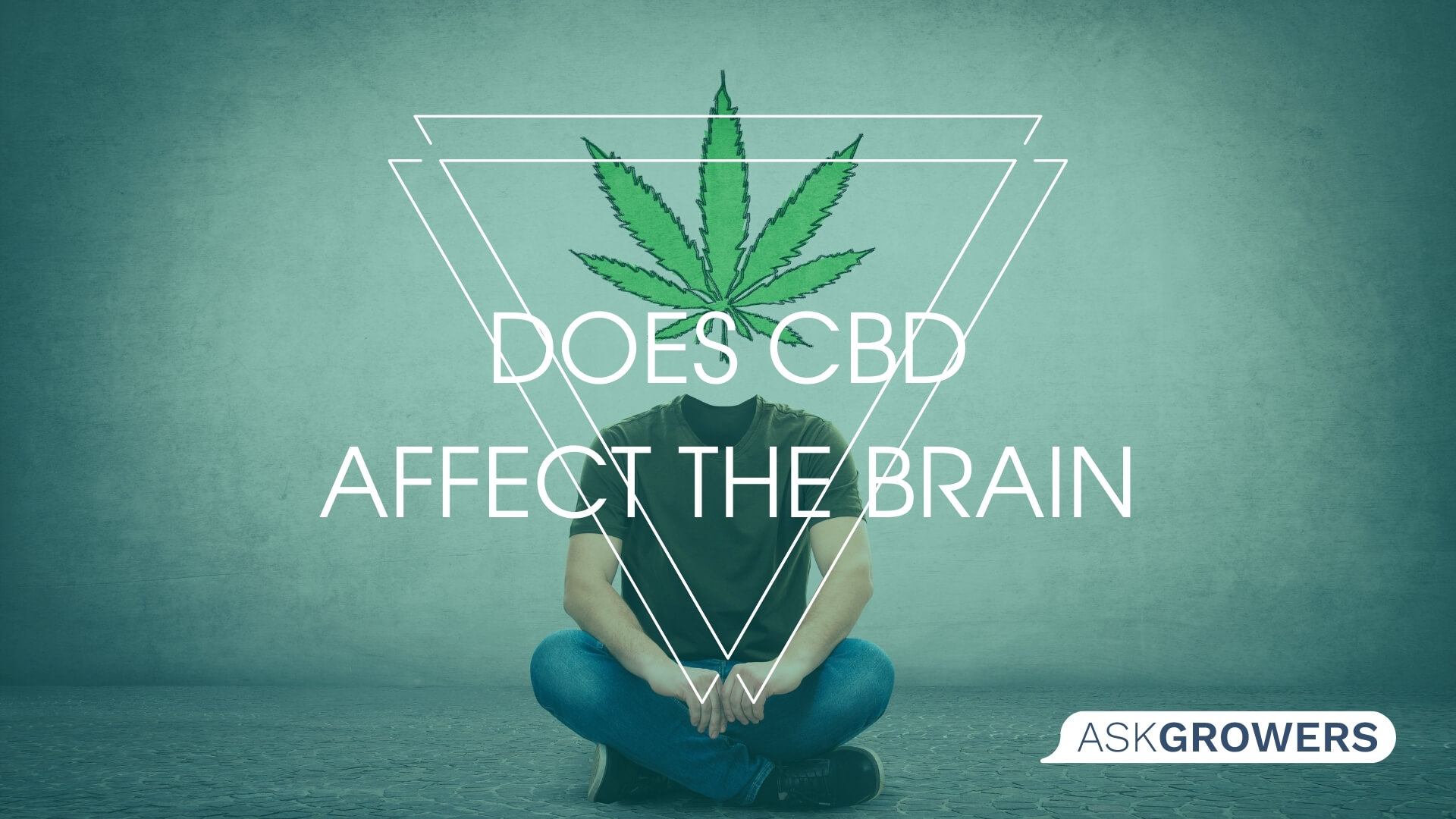
The recent rise of CBD products has had many effects, one being the spread of confusion about the legality as well as the safety of using such products. Many people online claim that using hemp oil or CBD products derived from hemp will kill human brain cells and affect memory negatively. This, understandably, has caused people who are interested in using such products for medical purposes to worry. What many online sources fail to clarify is that CBD products from hemp are very different from marijuana.
An example of this is the information provided by Addiction Center in which they say that long-term use of synthetic marijuana may lead to poor memory and focus. However, this information relates to marijuana, which has THC – a.k.a. the thing that gets you 'high'. People reading this information might believe that CBD does the same thing to brain health, but it's not true.
The Difference Between CBD and THC
Both of these chemicals have very similar molecular structures. However, the effects on brain cells they both make are different. THC is the chemical that gives you the sense of being high while CBD does not. That is why products with CBD oil are legal in many states even when medical and recreational marijuana is not. CBD actually has many benefits for the human brain and body, which is why it is being used more and medicines as well as food items.
Read Also: Battle Of Cannabinoids: THC Versus CBD
How Does CBD Affect Your Mood?
For some time now, this chemical has been used to treat patients with mental issues such as depression and anxiety. That is because it can help affect those parts the brain uses to regulate emotions. As a result of using CBD treatment, the body can start reducing levels of cortisol, which is the hormone that causes stress.
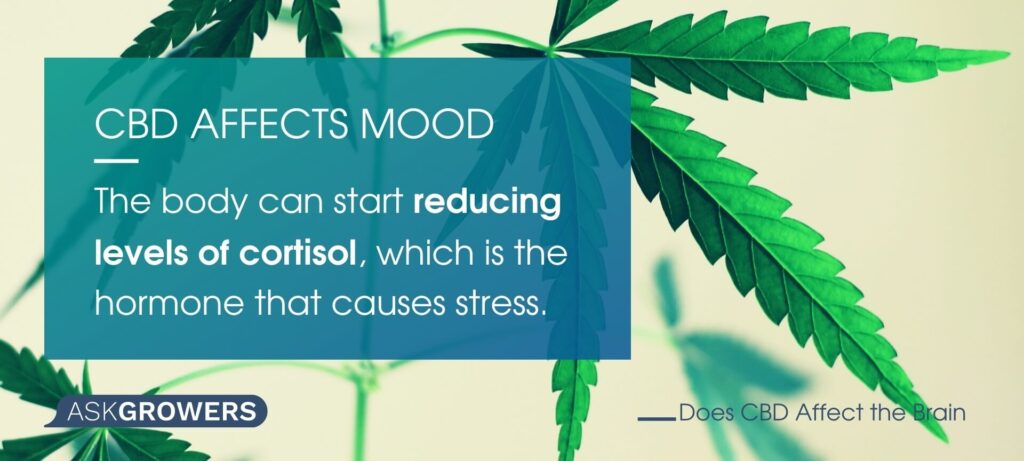
Researchers have found that CBD has fast and sustained antidepressant effects and is also a strong antipsychotic that can help relieve patients from stress.
So, all in all, the effect of this chemical on your central nervous system is that of calmness and relaxation but without getting you high. That is why it is being used medicinally without any legal repercussions.
Does CBD Improve or Impair One's Memory?
One of the biggest advantages of using this chemical that people generally don't know about is that it can affect the Hippocampus positively. This is the part the brain uses for learning and memory. Researchers have found CBD to reduce the decline in cognitive ability and also to improve memory. It can also be used for Alzheimer's patients to help slow down brain cells' effects that this disease has. Other benefits of using this chemical to improve brain function include the reduction of neurodegenerative disorders and inflammatory effects of various diseases.
How Does CBD Connect to Cannabinoid Receptors?
To understand the effects on brain health that CBD has, it is important to know how it connects to certain cannabinoid receptors (CBR) in the human body. There are two major receptors in the body that can be affected by various chemicals and affect the brain and the body in different ways:
- CB1: These receptors are located in the central nervous system. They regulate various mental functions like memory, mood, rationalizing, and more.
- CB2: These receptors affect the whole body via the immune system. Their effects are related to pain and inflammation.
Researchers have found that CBD has very little to do with both of these receptors. That is the main reason why it does not cause people to feel high, and it doesn't destroy the human brain or affect memory in a bad way.
The receptor that it does connect to is 5-HT1A which is a serotonin receptor in the human brain. This is what tells the brain if there is enough serotonin in the body. For people suffering from depression, it can help to desensitize this receptor so that the body can produce more serotonin and that is how stress and anxiety can be treated quickly. Another receptor that is activated is TRPV1 which is a vanilloid receptor. This leads to the regulation of body temperature, inflammation, and the feeling of pain.
By targeting these two receptors, CBD leads to improvement of brain health as well as causing relaxation and calmness. That is why it is being used as a treatment for different mental issues.
Other Effects of CBD on the Brain
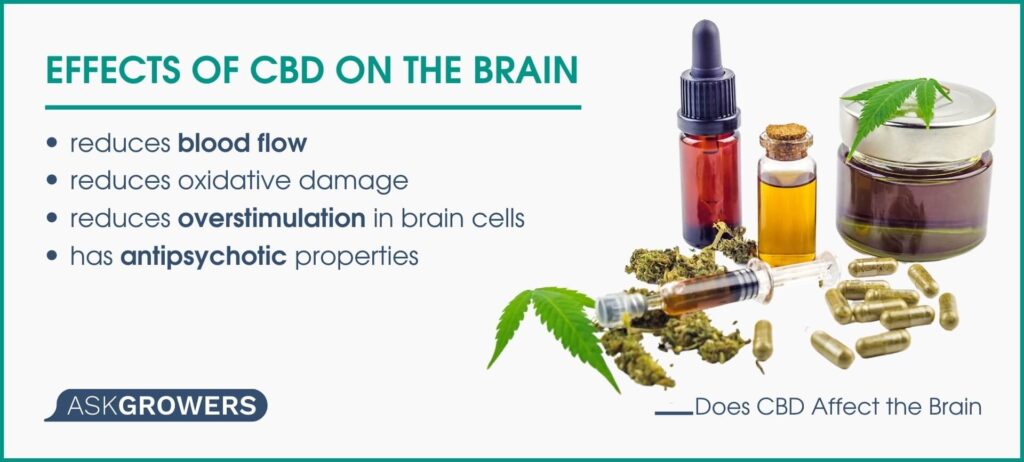
It Reduces Blood Flow
Among the many benefits that it has for brain function, CBD helps the human brain respond better to anxiety. It does this by reducing the blood flow to those parts of the brain that are linked with anxiety. This was found in a study by researchers who studied the effects on brain health that this chemical has in patients suffering from Social Anxiety Disorder.
It Reduces Oxidative Damage
A natural process that our bodies go through is Oxidative Stress. This happens when a cell generates energy and creates a waste product in the form of free radicals. Normally, these free radicals are affected by the antioxidants that the body creates. These antioxidants ensure that the free radicals don't damage the DNA within the cells. However, in people who cannot produce enough antioxidants to deal with all this waste product, negative effects on a DNA level start to take place and cause problems such as Alzheimer's and Parkinson's diseases.
CBD comes into the picture because of its strong antioxidant properties. It can help reduce the effects on brain cells of these free radicals by regulating them and therefore improve brain health. Researchers claim that the antioxidant capabilities of CBD are 30-50% higher than those of Vitamin C.
It Reduces Overstimulation in Brain Cells
When brain cells get overstimulated due to some reason, a damaging process known as excitotoxicity takes place. Such overstimulation can be due to reasons like brain injury, hearing loss, or other diseases of the central nervous system. CBD has been found to help fight this process by reducing the process of overstimulation. It can, therefore, be used as a treatment for patients dealing with some mental health issues or trauma.
It Has Antipsychotic Properties
There is a neurotransmitter in our bodies by the name of anandamide. It helps with improving one's mood and also reduce the amount of pain we feel. Anandamide can be broken down by FAAH, which is an enzyme. When someone starts taking CBD, it inhibits this enzyme which essentially means that anandamide can stay active for longer and improve the person's mood and help with the pain. Based on this, a research shows that by using this treatment and stopping the deactivation of anandamide, patients with symptoms of schizophrenia can be helped.
Final Thoughts: How Does CBD Affect the Brain?
Keeping in mind all the information provided here, you can rest easy that using CBD for some reason will not destroy your mental health. It largely affects only those parts the brain uses to regulate mood, memory, and even pain. CBD oil, therefore, is being used widely for its positive effects on brain health. It has found its place in the medical world, too, because of its significant impact on the health of people who are suffering from mental issues such as depression or anxiety.
If you're thinking about using CBD oil or another similar hemp product that has this chemical in it, you can do so without worrying too much. In many states, using hemp oil with this chemical is legal, and it is also widely available. And because of its health benefits both for the body and for the brain, more and more people are getting interested in it.

 Health
Health
 CBD
CBD

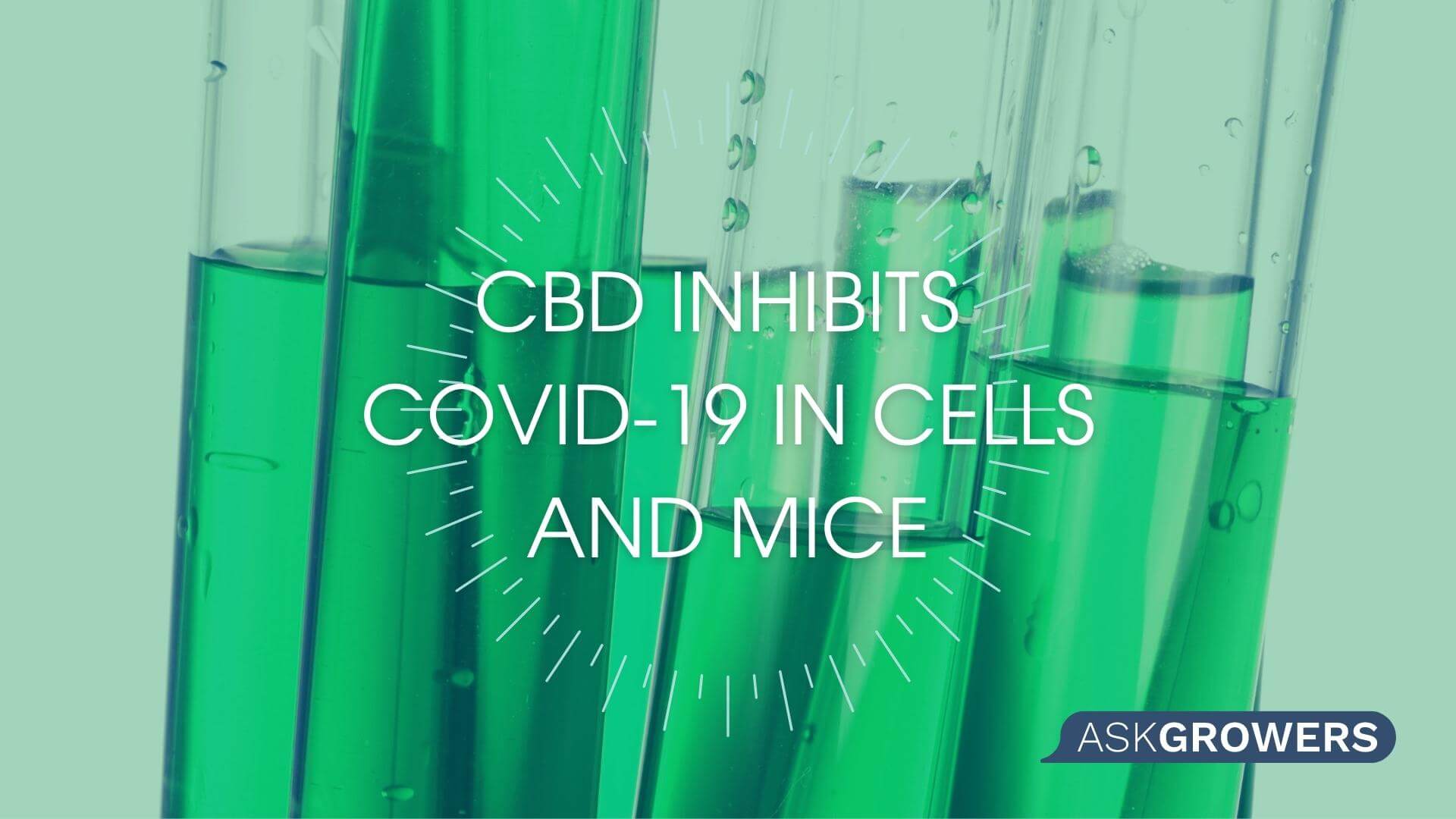





 (1).png)

.jpg)


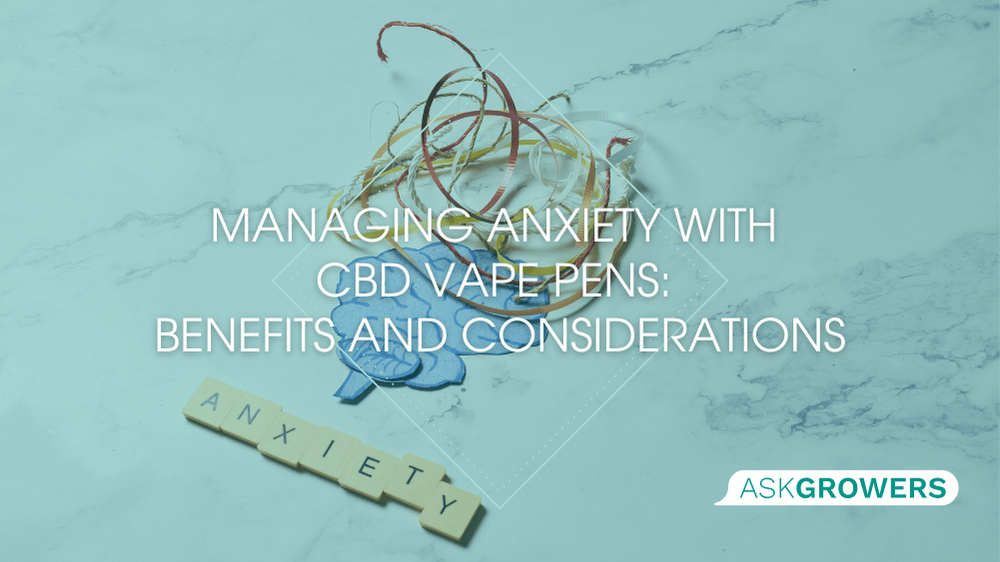
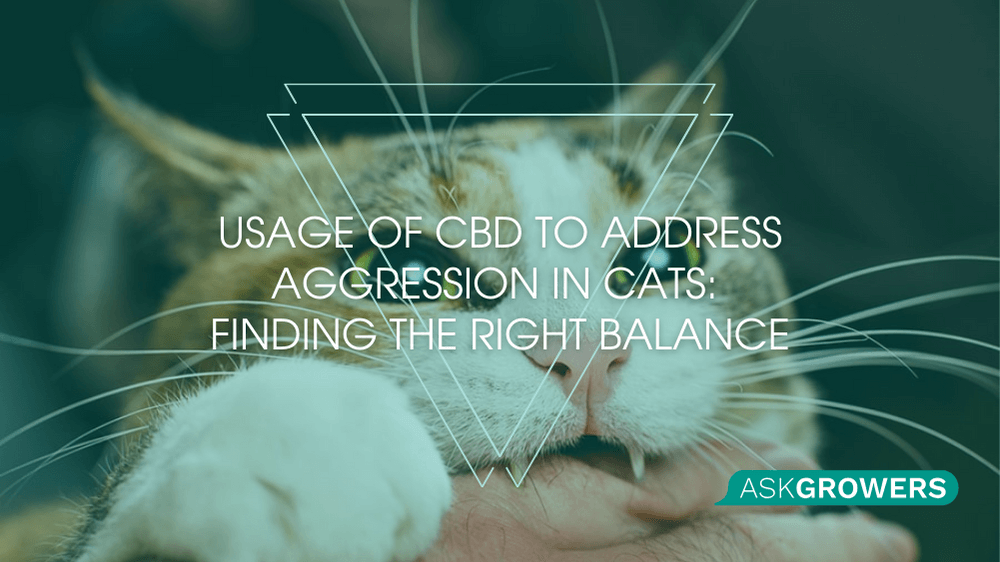

Be the first and share your opinion
Write a Review